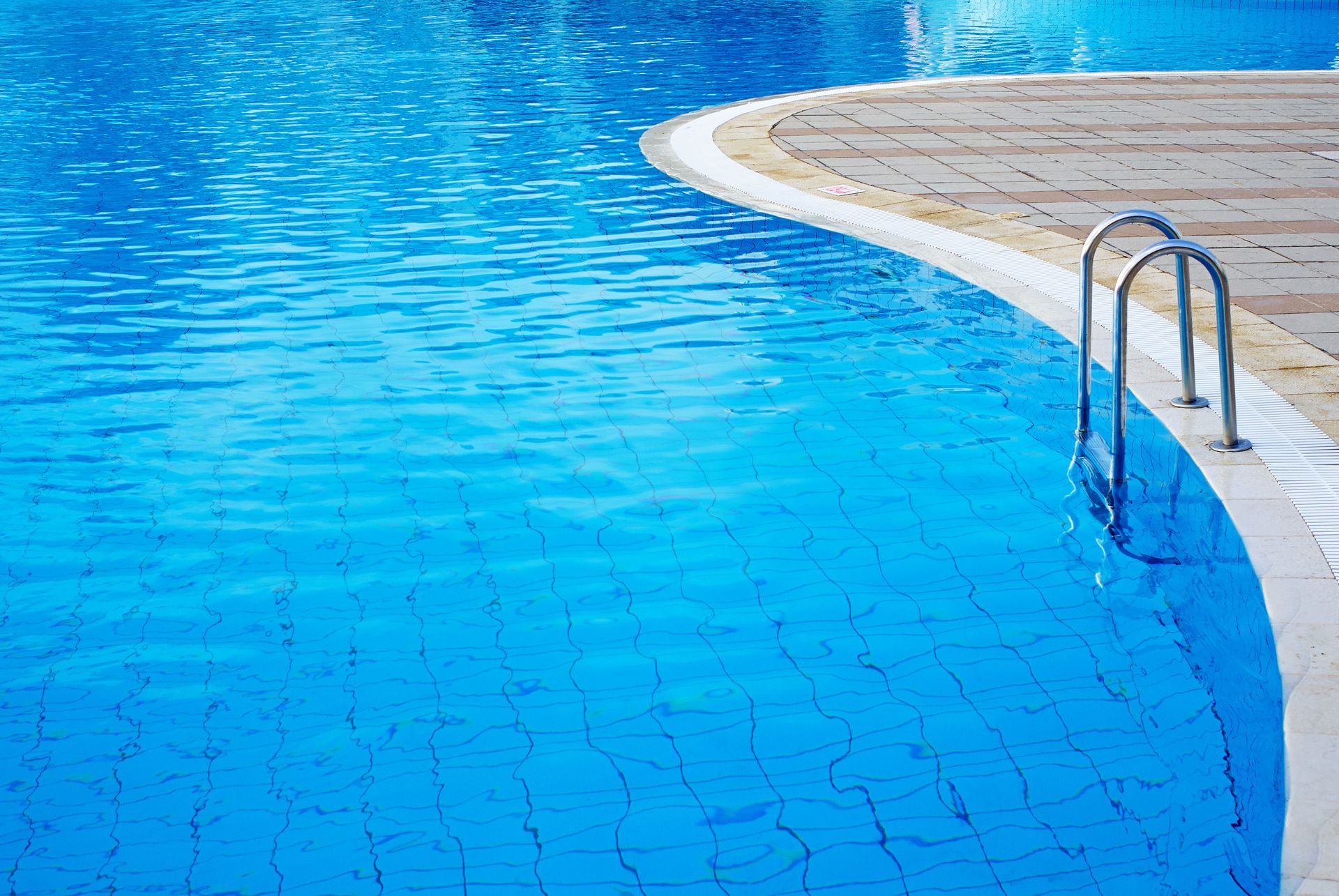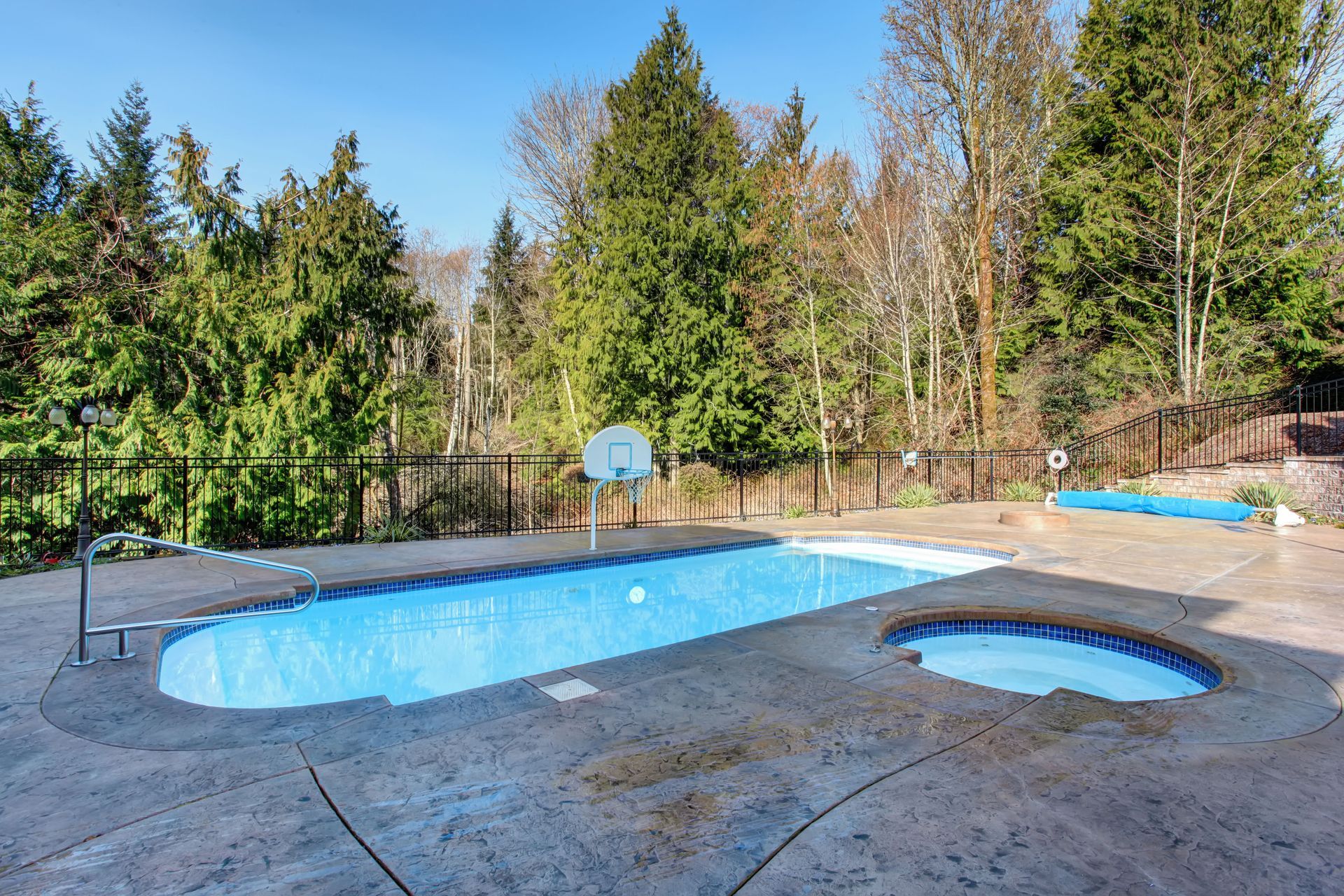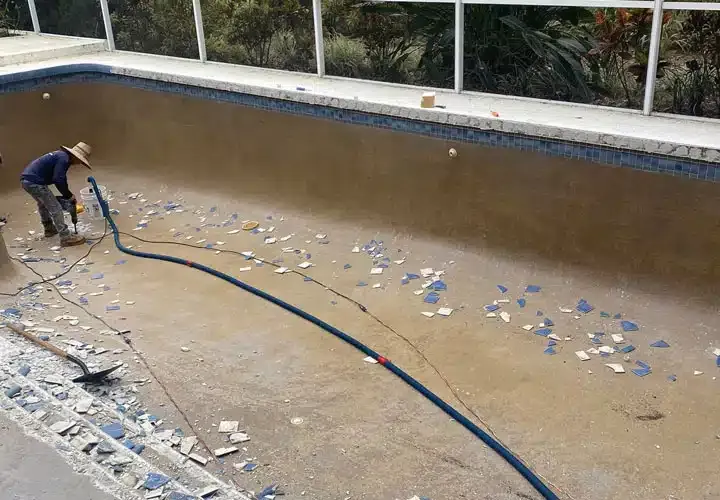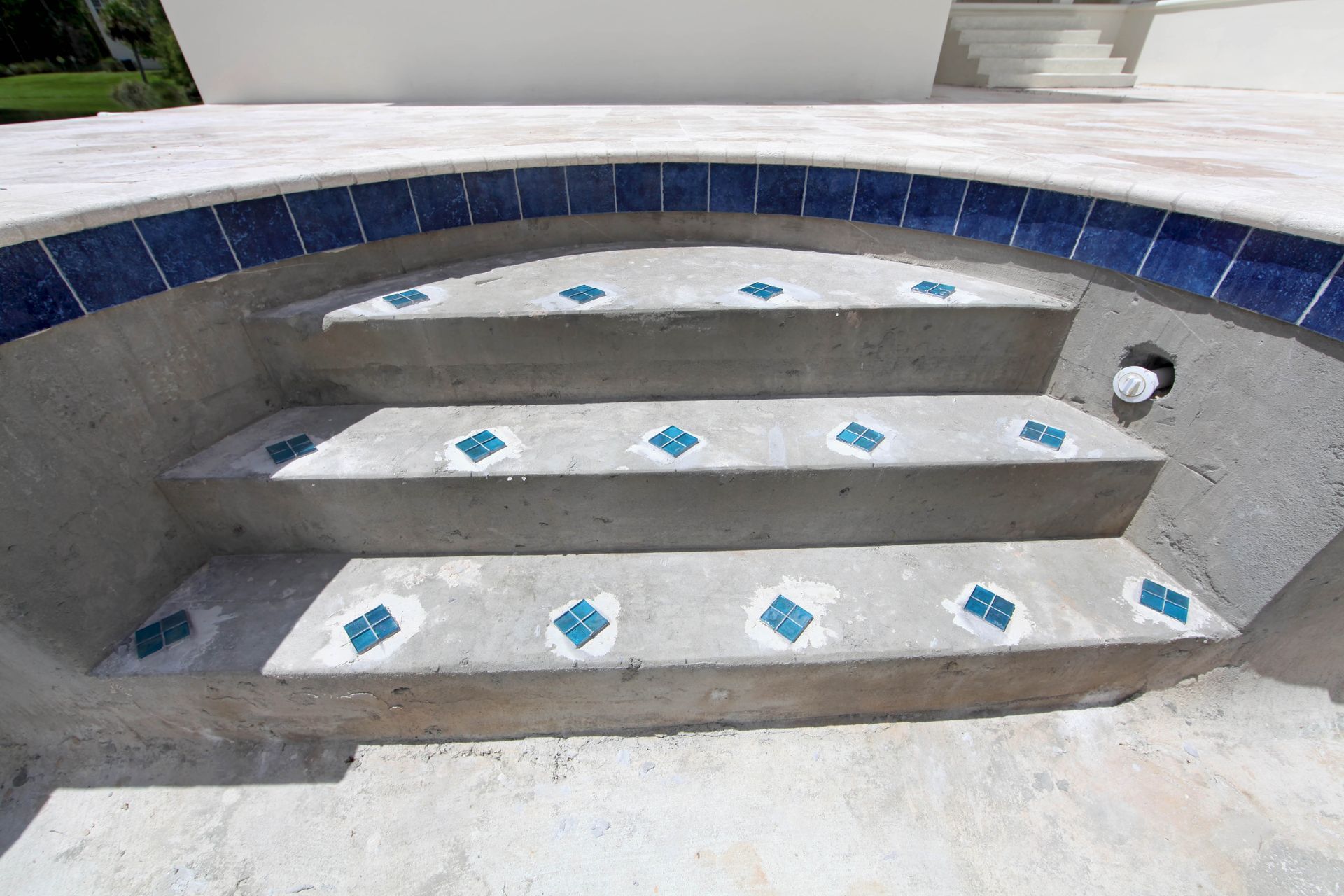5 Costly Pool Repair Mistakes to Avoid Today
Maintaining a pool can be a rewarding and enjoyable experience, providing relaxation and entertainment throughout the warmer months. Preventative measures not only enhance the aesthetic and functional aspects of your pool but can also significantly increase the value of your property. However, improper maintenance and pool repair mistakes can lead to costly repairs and reduce the lifespan of your pool. Let's explore common costly pool repair mistakes and how to avoid them. By understanding these pitfalls, you can ensure your pool remains in top condition and enjoy it for years to come.
1. Neglecting Regular Maintenance
Regular maintenance is crucial for keeping your pool in pristine condition. Without a structured routine, minor issues can escalate into significant problems that require costly repairs. Consistent care prolongs the lifespan of your pool and qualifies it as a worthwhile investment. This diligence also ensures the safety and hygiene of swimming conditions, reducing the risk of waterborne illnesses. According to RubyHome, an online real estate resource, adding a swimming pool can increase a home's value by up to 7%, which underscores the financial advantages of meticulous maintenance.
Many pool owners underestimate the importance of seemingly minor maintenance tasks. For example, skimming leaves and debris daily prevents algae build-up and stress on your filtration system. Additionally, routine checking of the pool’s pH and chlorine levels is essential but often ignored. The oversight of pool equipment inspections, such as pumps and heaters, can lead to significant operational failures. Addressing these tasks promptly can avert more extensive maintenance issues, saving time and money in the long run.
Neglecting pool maintenance can result in several easily detectable signs.
Cloudy water, for example, indicates improper chemical balancing or filtration issues. Algae growth along the walls or in the water is a visible sign of neglect, as is the presence of floating debris. A malfunctioning pool pump or increased energy bills can also suggest inadequate upkeep. Recognizing these signs early allows for corrective measures that can restore the pool to optimal condition.
2. Incorrect Chemical Balancing
At the heart of pool maintenance is the proper chemical balance required for safe and clean water. Chemicals like chlorine or bromine are essential for disinfecting the pool water, preventing harmful bacteria and algae growth. Our experts have found that the pH level, which measures the acidity or alkalinity of the water, must be within the recommended range of 7.2 to 7.8 to maintain balance. Imbalances can not only cause discomfort for swimmers but also damage pool surfaces and equipment. A keen understanding of these chemical basics is indispensable for effective pool maintenance.
Many pool owners mistakenly assume that more chemicals equate to cleaner water. However, over-chlorination can lead to skin irritation, while low levels can invite bacterial contamination. Another common error is neglecting the calcium hardness levels, leading to corrosion or scaling. Improper storage of chemicals can result in them becoming ineffective or even dangerous. Understanding these pitfalls aids in avoiding typical chemical balancing mistakes, preserving both the pool and the health of its users.
Improper chemical balancing can have several detrimental long-term effects. Persistent imbalances can accelerate the deterioration of pool liners, surfaces, and equipment. This damage, in turn, requires costly repairs or replacements. Poor water quality not only affects swimmers' health but also diminishes the overall enjoyment and usability of the pool. Ultimately, neglect can lead to a decrease in property value, undermining the investment aspect of your swimming pool.
3. Ignoring Leaks and Cracks
Detecting pool leaks early can prevent more severe structural damage and water loss. Common signs of a leak include a dropping water level, increased water bills, and soggy areas surrounding the pool. Regular checks on the pool’s water level and surface condition contribute to early detection. Introducing a simple bucket test helps determine if water loss is due to evaporation or a potential leak. Addressing leaks early on with professional pool repair services minimizes the risk of costly repairs.
Leaks and cracks in pools can arise from a variety of factors. Poor initial installation often leads to structural weaknesses that manifest over time. Natural wear and tear or exposure to severe weather conditions can also contribute to cracks. Chemical imbalances can corrode materials, leading to breaches in the structure. Understanding these causes helps in implementing preventive measures to maintain your pool's integrity.
Some minor pool leaks can be addressed with DIY solutions, while others require pool repair professionals. Simple surface leaks may be resolved with patch kits available at local pool supply stores. However, significant structural leaks necessitate expert assessment to avert further damage. Professionals possess the tools and skills to accurately diagnose and remedy the root causes of leaks. Knowing when to engage a professional preserves the function and value of your pool.
4. Improper Filter and Pump Maintenance
Filters and pumps are vital components that ensure optimal pool health. The pump circulates water through the filtration system, which traps debris and contaminants. This process keeps the water clean, clear, and safe for swimming. A well-maintained filtration system also contributes to the overall efficiency of chemical treatment. Regular maintenance of these devices is crucial for optimal water quality and system efficiency.
There are several indicators that your filter or pump requires maintenance. Unusual noises during operation suggest internal malfunctions, while reduced water flow indicates potential blockages. Cloudy or dirty water, despite proper chemical balance, signals ineffective filtration. Increased energy consumption or erratic system behavior can also highlight the need for attention. Recognizing these signs early aids in maintaining system performance and longevity.
Neglecting pump and filter maintenance can detrimentally impact your pool's condition. Reduced water circulation allows contaminants to accumulate, leading to algae and bacteria proliferation. With inefficient filtration, maintaining chemical balance becomes increasingly challenging and costly. Over time, neglected systems are more likely to break down, resulting in an expensive pool repair or replacement. Ensuring regular care circumvents these adverse outcomes and meets your pool’s needs.
5. Using Wrong or Low-Quality Materials
The choice of materials for your pool construction and maintenance significantly affects its longevity. Low-quality materials degrade faster, requiring frequent repairs and replacements. They may not withstand environmental conditions, leading to surface or structural damage. Quality materials offer durability and resilience against wear and tear, ultimately extending the pool's lifespan. Investing in superior materials ensures the pool remains a valuable asset and a reliable recreation source.
Selecting the appropriate materials involves evaluating various factors. Pools come in different types, each requiring materials suited to specific construction and maintenance needs. Consult experts to identify the best options and brands for your pool system. Prioritize materials with proven longevity, resistance to harsh chemicals, and UV protection. Balancing initial costs with long-term benefits maximizes value and preserves the investment aspect of your swimming pool.
Instances of material failures in pools reveal valuable lessons for prospective pool owners. A common example includes the use of substandard decking materials that quickly warped and cracked, necessitating expensive replacement. Another case involved low-grade vinyl liners that deteriorated due to chlorine exposure. Learning from these experiences sheds light on the necessity of investing in higher-quality, tested materials. These case studies highlight the importance of informed decision-making in ensuring pool longevity.
Avoiding costly mistakes in pool repair and maintenance can save significant time and money, ensuring your pool remains a source of enjoyment rather than frustration. By following these insights, pool owners can make informed decisions and prolong the life of their investment. Dive into action with the help of Stand Out Pools to embrace lasting enjoyment and investment in your pool. You can get started today by reaching out to us for a free estimate!





Share On: